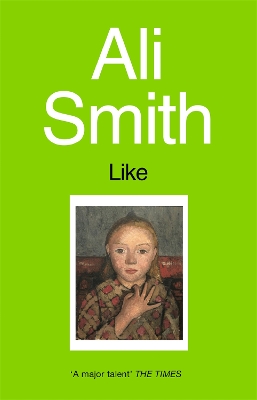
brokentune
Written on Oct 21, 2015
"Monday the 6th April 1987. Dear Diary. Actually this is not going to be a diary, diary is the wrong word for it. I have been suspicious of diaries anyway, since I stole Amy’s and read them on the roof. Amy, mon âme, my aim, my friend Amy. It was very shocking to read her version of things. No, diaries are stupid. Diaries are all lies. Diaries, they’re so self-indulgent.
But we live in self-indulgent times, after all, and for once I want my own twist of it. And if you write something down, it goes away. I’ve been carrying it around with me now for so long it’s taken on a kind of life of its own, I can feel it breathing against me inside my rib-cage, feeding off me, taking all the goodness out of what I eat, all the calcium out of my teeth. I want rid of it. And what a story it could be. What a beautiful, what a romantic, what a passionate story.
Not a story for here, not for small town Scotland, not then, not ever, never here in the decent, upright, capital of the Highlands, where when I was still at school there was an unholy row in the newspapers and in the council chambers because someone thought that something like the teaching of drama on the school syllabus would be nothing less than the work of the devil. Land of my soul and my formation, the Highlands. Where the Brahan Seer, ancient highland magician of the greatest of powers, once foretold that if there were too many bridges over the River Ness, or if there were too many women in power in the nation, then terrible dire chaos would follow."
Like that. Just like that is how Ali Smith hooks me. Every time.
The only reason why I give this book 3.5* instead of 4* or 4.5* is that this is her first novel and I have been spoiled by having already read some of her later work, which much more structured.
Oh, but what a nice feeling it is to be spoiled by Smith's writing...
Anyway, enough fangirling.
Like is the story of young love, of obsession, of rejection and resentment, and of healing.
The structure of the book - like many of Smith's - is anything but linear, so reading it is like just going with the flow and trusting the stories to be revealed. It's a slow start, granted, where we are introduced to Kate and her mother, Amy. Both are elusive characters. But then they have to be, because they are out of place and it is only in the second part of the book, when Ash is introduced that we get to learn more about the mystery.
Apart from the characters - all of which I loved - what Smith really succeeds at is being a recorder of the time and place that the characters act in. I have no doubt that some of the scenes are autobiographical or witnessed rather than invented, because I certainly felt right there with the characters in the late 1980s/1990s. And yet, I did not feel that the story was dated. Like is a story in its own time but not exclusively of its time.
"I smell of the fire still. On my clothes, on my skin, must be in my hair. Sweet, acrid, I love it. Someone could make a fortune patenting the smell of fire as a perfume or aftershave, potent and nostalgic and sexual for people to spray themselves with in the spring and the autumn, at the hinges of the year. Lancome’s Heat of the Moment. Meltdown by Givenchy. Hell by Chanel."
